NEWS
All the latest news and views from Bild.
21 May 2025
Laying foundations for lasting change at the 2025 International Positive Behaviour Support Conference

“We live a PBS way of life…with love and kindness, which I feel is inherent in PBS.” – Debbie Austin
“PBS is grounded in empathy and inclusion…we’re in it together”. – Jonathan Crabb
These powerful words from Debbie Austin and Jonathan Crabb opened Bild’s 2025 International Positive Behaviour Support (PBS) Conference. Over two unforgettable days, delegates from across the globe gathered to explore how PBS can positively transform the lives of people with learning disabilities and autistic people. From keynote speeches, interactive workshops, wellbeing sessions and powerful personal stories the themes of empathy, inclusion, and relational support took centre stage.
Who’s running the show?
Day 1 began with an inspiring keynote from Alexis Quinn of the Restraint Reduction Network. Alexis introduced Jack, an autistic man with learning disabilities who experienced restrictive inpatient care before transforming his life through his own self-determination and relational PBS.
In a prerecorded video, Jack shared how his support workers “get it… they understand”. Jack made clear the importance of understanding and supporting people’s interests as a key element of support. Jack’s incredible home museum and enormous model Titanic, that he built himself, demonstrated that when it comes to living his life, it is well and truly Jack who is running the show!
Alexis described this as “power from within” – support that enables a person to have the power themselves to live the right life for them.
Autistic Radio takeover
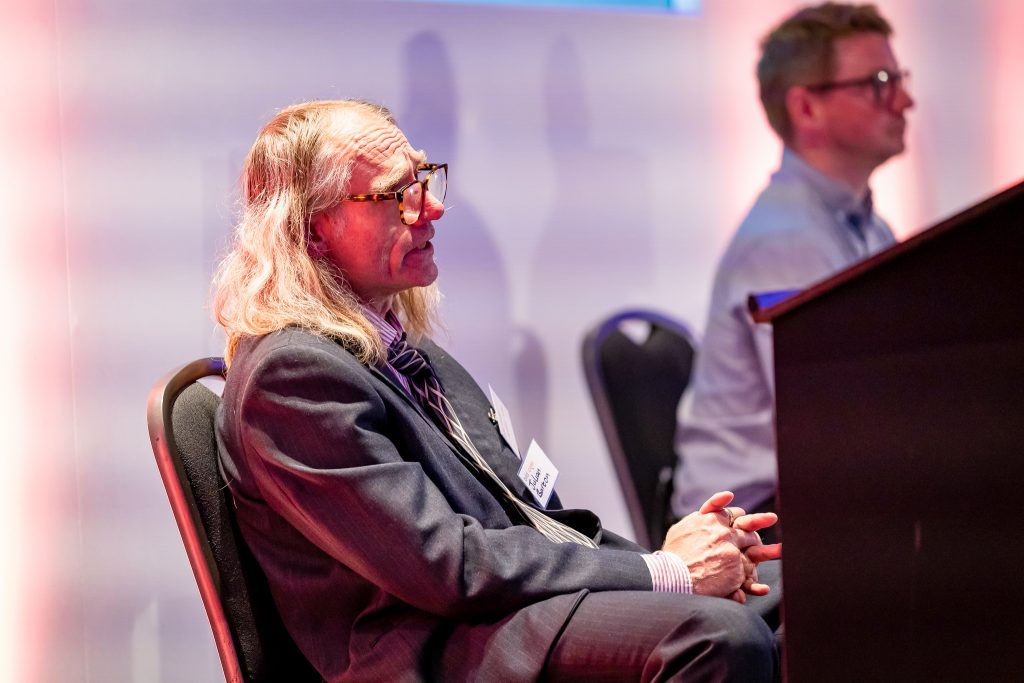
Later that day, the conference was given the opportunity to experience Autistic Radio, with Autistic Jules and Andrew Swartfigure recording a live episode onstage.
Jules and Andrew highlighted the need for open, honest conversations about autism and the power imbalances that often exist in communication. They also called for more spaces for the autistic community to voice their experiences on their own terms, reinforcing the importance of inclusion and coproduction in PBS.
Creating capable environments
Linda Hume’s session on capable environments explored how physical and social spaces can be designed to meet individual support needs. She emphasised person-centred approaches, compassionate leadership, and the importance of building support around a person’s quality of life.
“Leadership isn’t all about me,” she said, advocating for a partnership model that empowers both staff and the people they support.
Turning research inside out
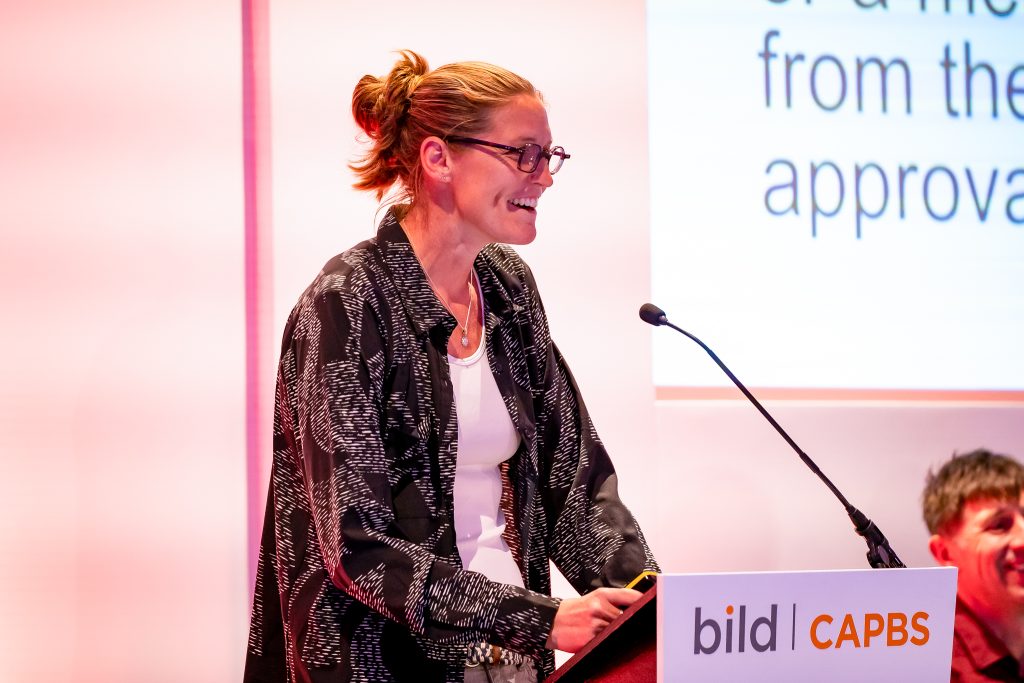
In a remarkable keynote, Alexis Quinn returned to share her experience of submitting lived experience research to the International Journal of Positive Behavioural Support (IJPBS). Despite the potential for such research to be collaborative, inclusive and grounded in real-world examples, Alexis described how initial feedback – claiming the experiences shared in her work were “not PBS” – left her feeling like an unreliable narrator of her own experience, invalidated and retraumatised.
Co-speaker Dr. Darren Bowring, Associate Editor at the IJPBS, responded and reflected on the experience by acknowledging that a PBS journal must apply a PBS and trauma-informed approach to its own review process. He closed the session by highlighting initiatives to include lived experience voices from the very beginning of the research journey.
Making and leading organisational change
Before the day closed international speakers Prof. Roman Kislov and Dr. Rachel Freeman shared insights into how to make and sustain change through PBS across organisations.
Prof. Kislov explored the tension between individual leadership and collective vision, offering practical tools for long-term change.
Dr. Freeman asked, “How do we make our values come to life?” She introduced the three tiers of PBS implementation and the role of implementation science in improving quality of life.
Watch Rachel Freeman reflect on what impacted her most from Day 1:
Frameworks for excellence
Day 2 opened with chair Kate Sanger reflecting that,
“We can make things too complicated when it should ultimately be about relationships.”
In a day delving into frameworks and competencies, complexity could have easily overshadowed relationships but that wasn’t the case:
- Jill Chaplin and Dr. Mark Murphy discussed updates to the PBS Core Competence Framework to reflect key practice developments over the past decade, aiming for greater consistency, coherence, and accessibility in the framework.
- Dr. Nick Gore then introduced the BSP-CAT tool, designed to embed proactive PBS in behaviour support plans (BSPs) that focus on supporting good lives and reduce the risk of behaviours that challenge.
- In a highly interactive session, Bev Murphy introduced the idea of a voluntary Code of Conduct for PBS practitioners to unify the workforce under shared values and ethical standards.
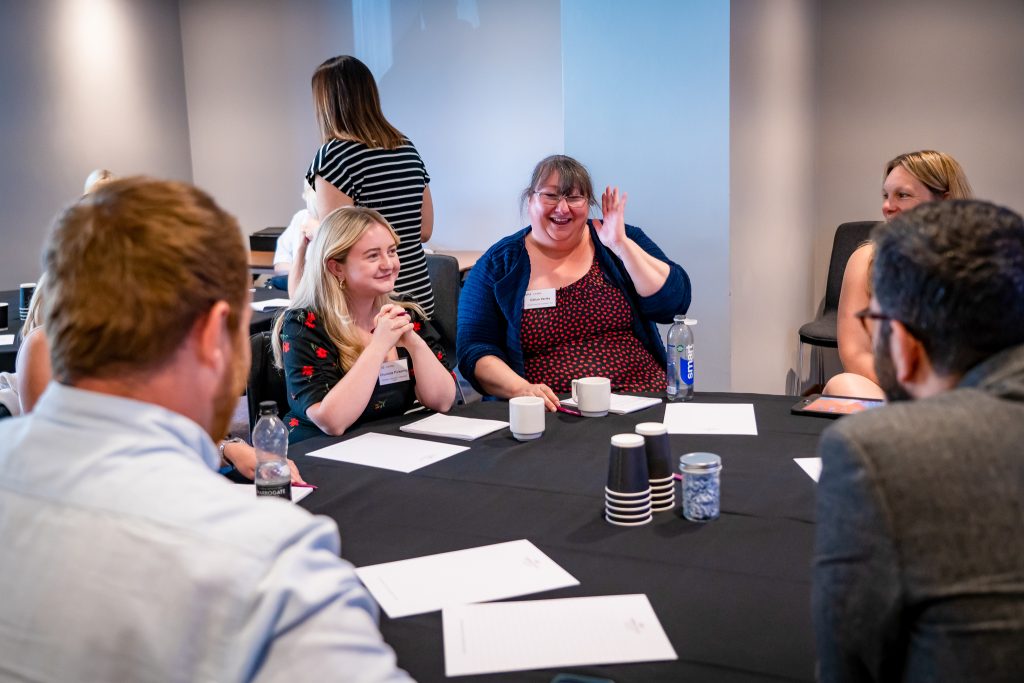
Active Support, Quality Rights
As the conference drew to a close, Bev Murphy returned to dispel myths around Active Support. She emphasised that every moment has the potential for active participation and that support should empower people to live meaningful lives:
“Support should empower people to live, not just be looked after…People have the right to be more than just cared for.” – Bev Murphy
Finally, casting an eye beyond the UK, Dr. Roger Banks shared insights from the WHO’s Quality Rights initiative, which aims to improve care and promote the rights of people with psychosocial, intellectual, and cognitive disabilities across Europe. His challenging reflections offered a more global perspective on reducing restrictive practices and what can be learned to improve support systems in the UK.
Real capacity for change
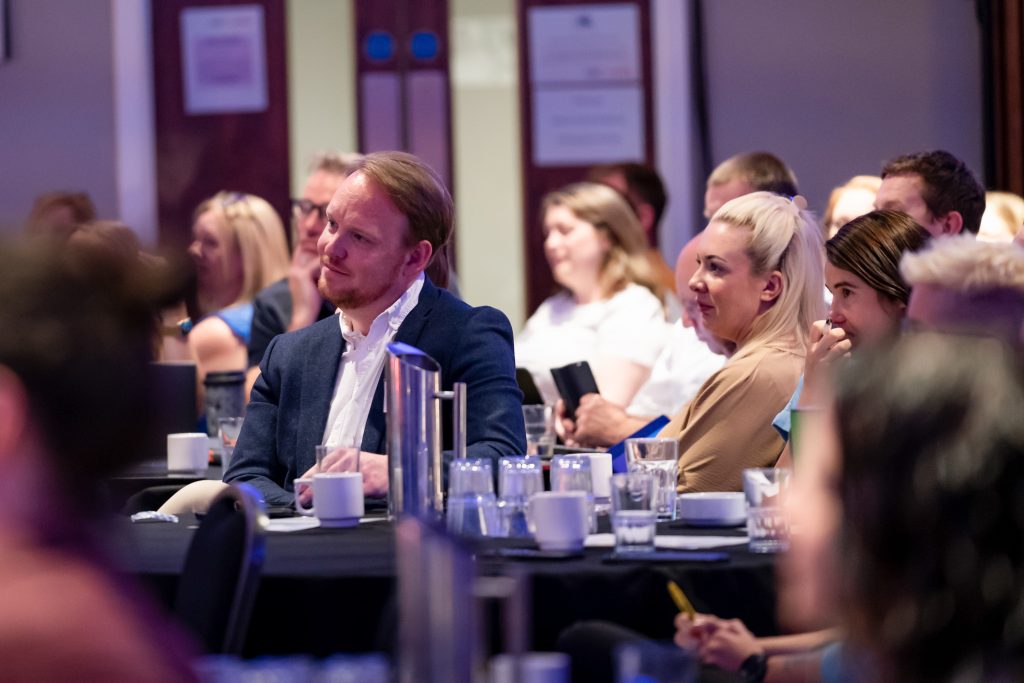
“The goal will always be high quality PBS”
reflected Jonathan Crabb at the close of Day 1.
The Bild team was delighted, once again, to be joined by so many dedicated professionals, family-carers and people with lived experience, sharing a common goal to support people with learning disabilities to have the highest quality of life.
Achieving this goal isn’t easy, but starts with knowing ourselves, knowing others and putting relationships at the heart of support.
Join us next year
“An amazing two days at the Bild Foundations for Change Positive Behaviour Support Conference! Hearing powerful keynote speeches on practice, research and lived experiences from Alexis Quinn, Dr Nick Gore, Dr Darren Bowring, and many others. It has left me excited to make change and implement the best PBS Practice for our children and young people.” – Jaycee Latue (PBS Lead, ROC Group Ltd)
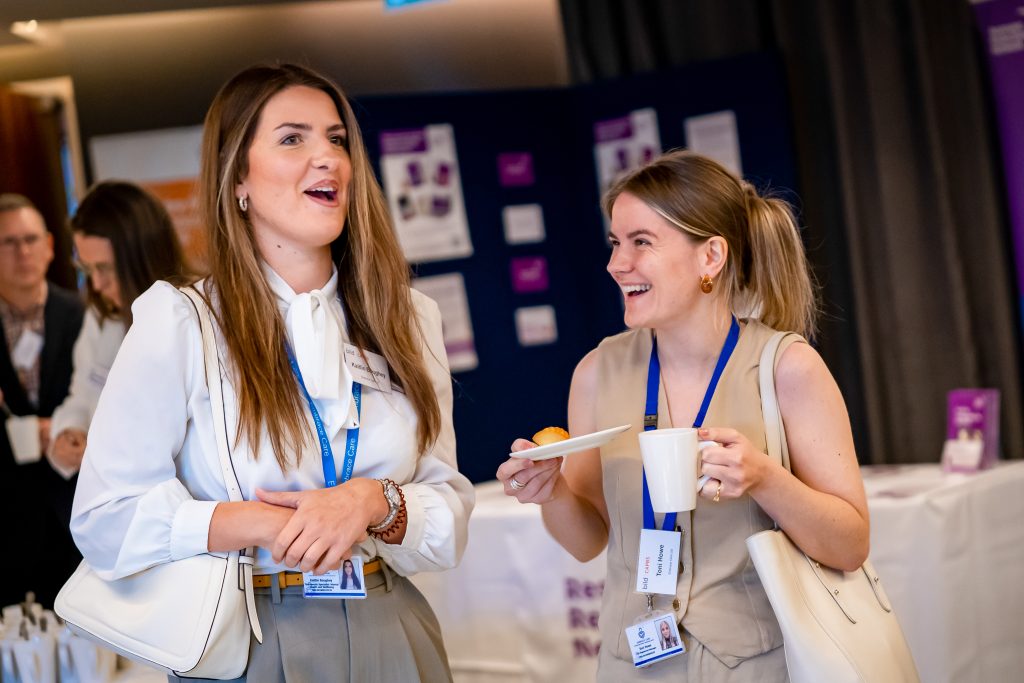
If you weren’t there this year, we missed you!
Be sure to sign up for the 2026 International PBS Conference and be part of the movement toward compassionate, inclusive, and empowering support.
